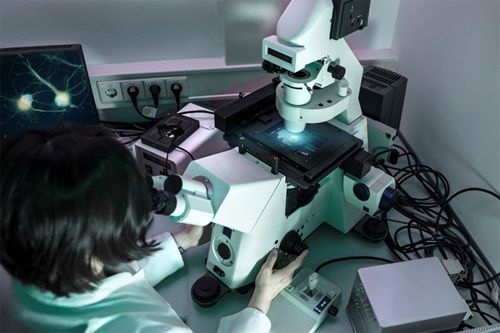The rapid evolution of modern science has led to some of the greatest medical advancements in history. One particular study of interest revolves around the discovery of stem cells in both baby teeth and wisdom teeth.
These cells represent a huge leap in everyday dental care. They have the ability to aid in the rejuvenation of missing or damaged teeth, and with these exciting new findings, there’s no telling how the course of dentistry may change.
What are stem cells?
Stem cells are undeveloped, unspecialized cells that have the ability to develop into numerous varied lineages through differentiation. Simply put, stem cells can replenish themselves indefinitely by way of self-renewal, and the kind of cells they produce vary based on their location in the body. Those found within the mouth have the ability to produce the cells required for growing teeth.
The exciting new stem cell research in dentistry
Given their exceptional capabilities, stem cells have become essential for developing innovative new technologies related to tissue engineering. Many indispensable and translational stem cell research studies have been carried out with animal models. The promising successes of these studies have expanded the concept of oral tissue and organ regeneration for clinical application in dentistry.
As a result, versatile stem cell and tissue engineering therapies are expected to revolutionize the industry. Their groundbreaking ability to regenerate periodontal tissues and alveolar bone could lead to the organic restoration of damaged teeth, and eventually new tooth growth.
Stem cell implants
With the bright future that stem cell tooth implantation promises, many invasive procedures of today may soon be replaced. Risky dental implant operations can require several office visits over the course of a lifetime, whereas stem cells can painlessly grow into a new tooth within a period of only nine weeks. The stem-cell-based process also eliminates the necessity for bone grafting since the cells can construct the bone that connects the tooth to the jaw. This bone grafting procedure can sometimes delay dental implant surgery for six to nine months. And with regenerated teeth, the risk of implants falling out is dramatically reduced, making stem cell implants a comfortable alternative to dentures as well.
As modern science continues to advance beyond the expectations of yesterday, so does the field of medicine. Given the rate of progression in odontic stem cell research today, a visit to the dentist tomorrow may be a life-changing event. If you are missing a tooth or want to address your tooth replacement needs, please contact Dr. Sadati.


